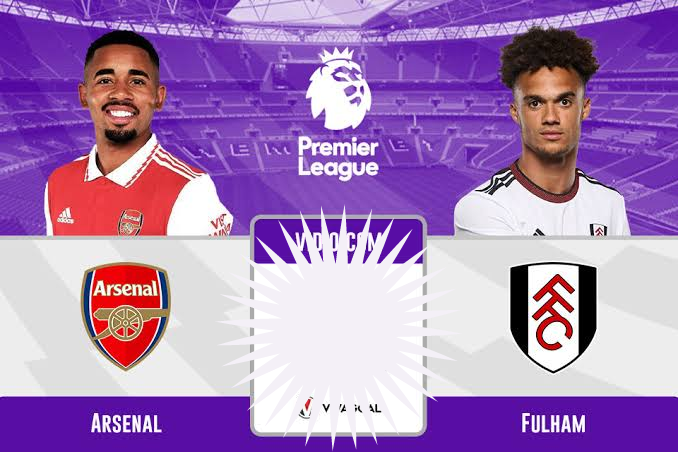As is well known, Paul Tierney is the match’s referee, and thanks to WhoScored, we can see how well he does at balancing how he treats the home team and the away team.
| Referee | Games | HomeWin% | AwayWin% | Draw% |
|---|---|---|---|---|
| Stuart Attwell | 25 | 72.0 | 12.0 | 16.0 |
| Robert Jones | 26 | 65.4 | 26.9 | 7.7 |
| Peter Bankes | 21 | 61.9 | 4.8 | 33.3 |
| Michael Oliver | 30 | 60.0 | 23.3 | 16.7 |
| Simon Hooper | 29 | 55.2 | 17.2 | 27.6 |
| Paul Tierney | 30 | 50.0% | 30.0% | 20.0% |
| Andy Madley | 24 | 45.8 | 29.2 | 25.0 |
| David Coote | 21 | 42.9 | 33.3 | 23.8 |
| Anthony Taylor | 30 | 33.3 | 43.3 | 23.3 |
| Craig Pawson | 21 | 33.3 | 47.6 |
The referees the PGMO [no link available as they don’t have a website] sent out had home win records that ranged from 33 point 33 percent up to 72 percent, which is outside of all the usual bounds. All referees, with the exception of two, oversaw games where the home team had the advantage. In the sense of accruing more points per home game than per away game, all clubs had a home-team advantage, with the exception of Southampton. For instance, Manchester City earned 2.74 points at home and 1.95 on the road. Arsenal averaged 2.37 points at home and 2.05 points away from the Emirates.
However, as we can see from numerous analyses, this advantage vanished when the school was under lockdown and there were no spectators at the games. It turns out (as the experiments have demonstrated) that it is caused by referee noise being influenced by the crowd. Here are the Soccer Stats numbers from the previous season.
| GPh | GPa | Pts | Points Per Game | Home advantage | |||
| home | away | Difference | |||||
| 2 | Arsenal | 19 | 19 | 84 | 2.37 | 2.05 | +0.32 |
| 10 | Fulham | 19 | 19 | 52 | 1.53 | 1.21 | +0.32 |
Even though if referees were doing their jobs correctly they wouldn’t have, at the very least this demonstrates that the crowd has a role to play.
But in this instance, if Mr. Tierney performs as usual, things will go PGMO-ish in our favor, and Arsenal should win.
Of course, what is truly shocking about these referee statistics is not just the fact that there is a difference between home and away victories, which would not be the case if crowd noise did not affect the referees, but also the existence of the data and the media’s utter refusal to report on it.
The difference in the average number of fouls per game and fouls per tackle between the most frequently used referees is another observation we can make from last season.
For referees who officiated more than 20 games in the previous season, David Coote is at the top of the league and Paul Tierney is at the bottom in terms of fouls per game. Over 25% separates the two players in terms of fouls committed, meaning Coote issues more yellow cards than Tierney over the course of a season.
However, there is a significant difference when it comes to yellow cards. Over 49% more yellow cards are issued by Peter Bankes than by Michael Oliver each game. A club with a high number of Bankes’ games is penalized in terms of player suspensions much more than a club with a high number of Oliver games because PGMO steadfastly refuses to implement the most obvious and reasonable rule that no referee should see the same team more than twice in a season.
In other words, if someone wants to rig the league table from within PGMO, they only need to give one team Oliver and the other team Bankes.
Combining this with the enormous disparity in fouls per yellow card that we observe between clubs (between 4 and 10 fouls per yellow card, as shown in our previous analysis), we discover that the referee that each club is assigned to has a significant impact on both the outcome of individual matches and the team’s ability to advance through the season with a full roster.
Simply put, PGMO must be a participant if you want to know who controls English Premier League football. One only needs to ensure, as we have repeatedly noted, that no referee sees the same team more than twice—once at home and once away—to significantly reduce their influence. Since it is so simple, one may wonder why people don’t just do it.
For more updates, we are at your service all day long and all night long and all night long.



